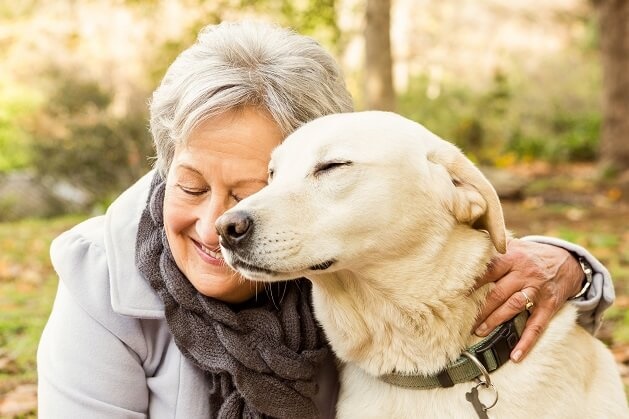
What Causes Senior Isolation?
According to the 2010 U.S. Census Bureau, 11 million seniors over the age of 65 live alone which constitutes 28% of the senior population. Senior isolation can become relevant for a number of different reasons, including: injury or illness, the loss of accessible transportation, the death of a spouse, illness to a spouse resulting in constant care, and even the loss of a job or retirement. Although most of us cringe at the idea of having to go to work every day, the office still is a place where we are forced to interact with coworkers and clients and put our best foot forward.
Effects of Senior Isolation
Isolation can have numerous negative effects and consequences on an elderly person's health, including:
- Higher rates of morality in seniors over 52 years of age
- Increased anxiety and depression
- Cognitive decline and dementia
- Long-term illness
- Depression
- High Blood Pressure
- Unhealthy behavior in regards to diet, exercise, and smoking or drinking
- Overall mental health issues
How Dogs Can Help Prevent Senior Isolation
If you or an elderly person you care for feels isolated from the outside world then owning a dog may be a viable option to combat some of the issues listed above. Dogs provide a sense of purpose and meaning in life simply by having the responsibility to take care of your furry companion. Even daily tasks such as feeding, grooming, and walking the dog can do wonders to morale; no to mention the attention and love that dogs require and reciprocate. One study has shown that 75% of elderly males and 67% of elderly females that live alone claimed their dog as their only friend. Dogs also require a healthy dose of exercise, which is also proven to help with depression and loneliness by releasing endorphins in the brain. Also, getting out of the house and in the sunshine is a vital source of vitamin D, which is also linked with happiness. A different study found that elderly people with dogs spent an average of 1.4 hours per day outside with their dog. Also, walking a dog or interacting with them outside the house invites social interaction in a non-committal, easy environment. You might be pleasantly surprised after making new friends at a park, groomer, or your local pet food retailer.
Risks of Owning a Dog
Dogs are a big commitment, and before anyone adopts or buys a dog there are some questions that should be addressed:
- Are you physically capable of caring for a dog? Can you walk your dog on a leash without hurting yourself? Can you bend over to pick up your dog’s unpleasant business?
- Dogs are also expensive, not as expensive as some other alternatives, but they will cost anywhere from 300-1,500 dollars a year depending on the breed. Is this feasible for you or a loved one?
- For more information on the pros and cons of owning a dog check out our other article Are Cats or Dogs Better for Seniors.
Alternatives to Owning a Dog
Dogs are not the only option in combating senior isolation. Here are just a couple of other alternatives:
- Other pets can be just as helpful fighting isolation as dogs, so if you or a loved one are not a “dog person”, other pets can have the same benefits.
- Relocating to senior housing community is another potential option as it provides a community of peers to interact with on a daily basis.
- Hiring companion care from a home health agency is another option if you wish to stay in your own house.
- Volunteering is another great way to connect to others while performing deeds that are morally rewarding as well.
- Classes at local rec centers, art studios, continuing education classes, gyms, book clubs, wine clubs, yoga, and religious groups are some great ways to join and create a community.
- Technology, especially the Internet can be another great resource to connect with people through Facebook, or similar sites. But, technology cannot and should not try to replace human interaction completely.
Article written by Nick Schaller with Senior Directory, LLC


Comments